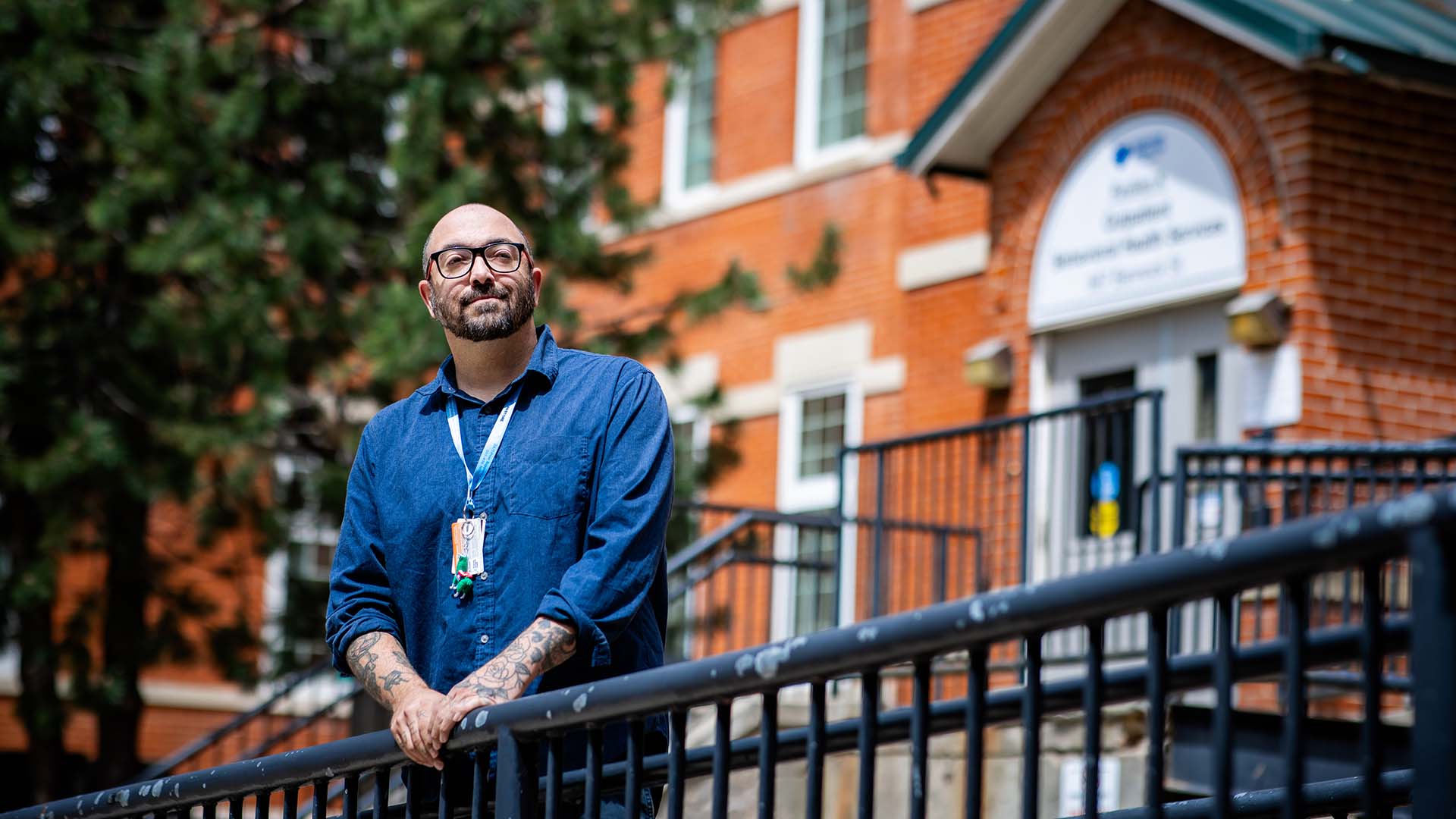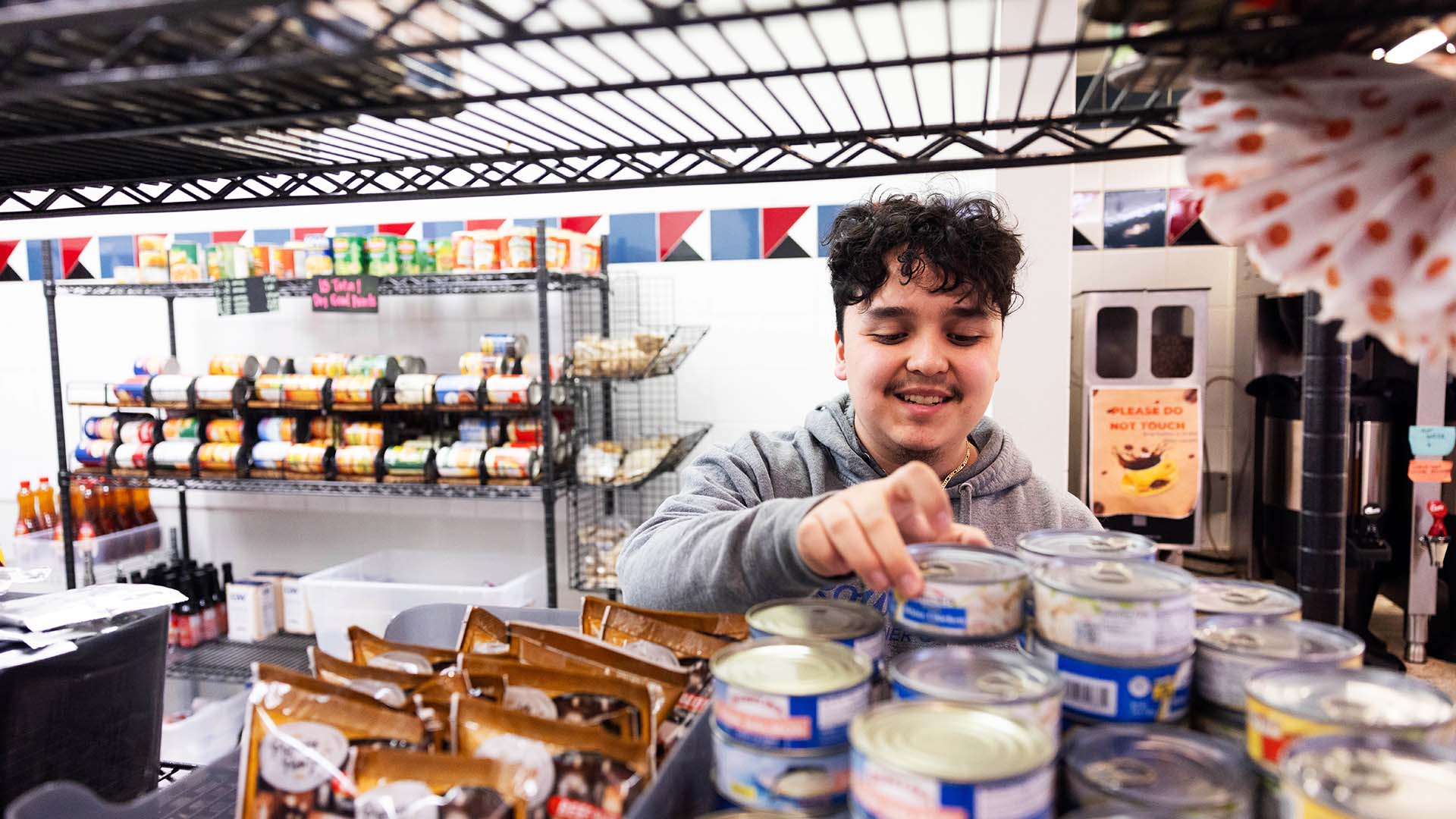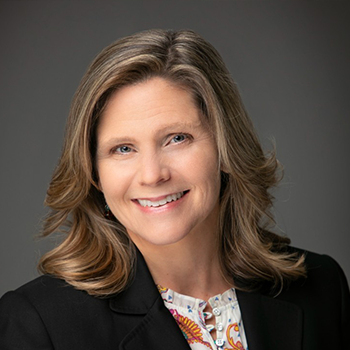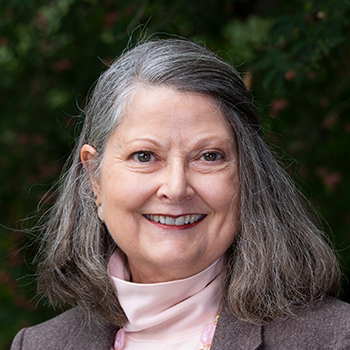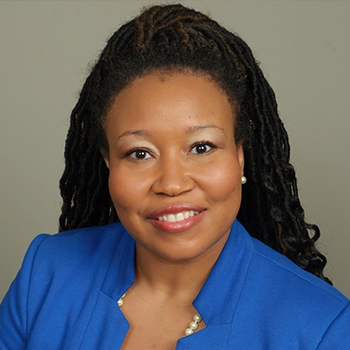Colorado needs health care workers. MSU Denver has a plan to provide them
The University is expanding its capacity to train more professionals in the field, and it’s asking the state legislature to help.
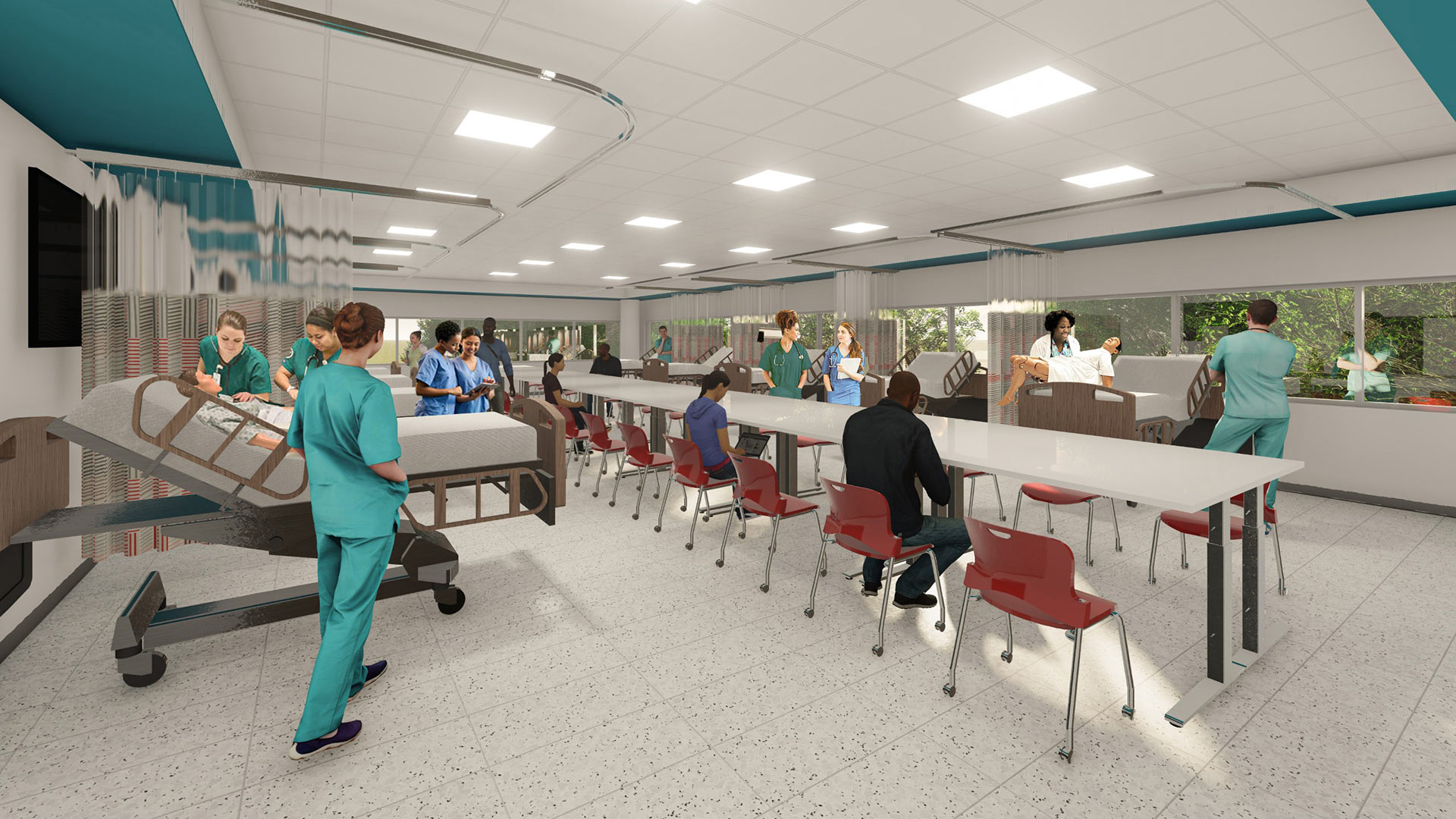
With the state facing a critical shortage of skilled health care workers, Metropolitan State University of Denver has embarked on an ambitious plan to expand its capacity to meet the growing demand.
The University has begun work on a new 18,000-square-foot health-simulation laboratory that will allow it to train more nurses and other health professionals in state-of-the-art facilities that mirror typical clinical environments.
MSU Denver is also seeking state funding this year for the initial stage of a 70,000-square-foot health education building that will allow the University to bring its health-related academic programs under one roof. The new facility, MSU Denver leaders said, will also increase student capacity in those programs, which currently include more than 5,200 students, by an average of 32%.
“Colorado needs these students in the workforce now more than ever,” said President Janine Davidson, Ph.D., noting that the state had nearly 900,000 unique health care job postings last year, according to a 2022 Talent Pipeline Report.
“We need to do everything we can to fill that pipeline,” she said. “The health of our communities depends on it.”
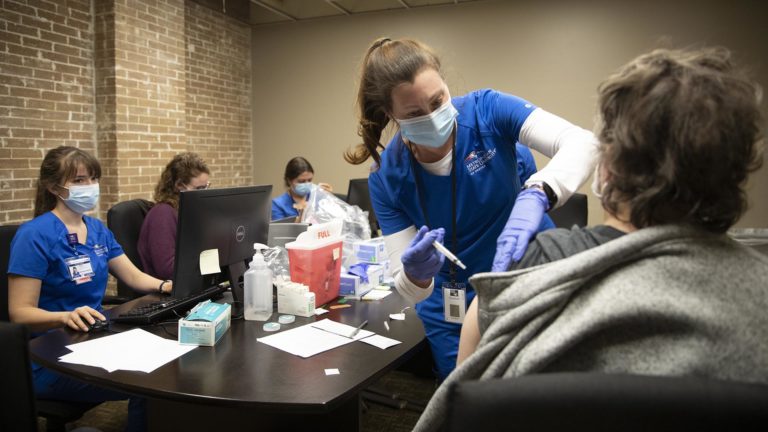
In 2018, the University created its Health Institute, a collaboration among 10 academic departments focused on health and wellness. MSU Denver’s interdisciplinary emphasis helps students explore careers while preparing them to interact with people who work in related fields, just as they might in a large hospital setting, said Emily Matuszewicz, DC, the Health Institute’s director of Development and Partnerships.
| The Health Institute at MSU Denver
A collaboration of 10 academic departments focused on health and wellness:
|
“Historically, we’ve seen a siloed approach to both higher education and health-related fields,” she said. “We’re working not just to build capacity for more students in health fields but to provide those students a better academic experience across multiple disciplines so that they can become problem-solvers and leaders in the health care industry.”
RELATED: Transformational gift to support new health-education facility
While the academic institute has been in place for five years, centralized physical space to make cross-department collaboration possible has been harder to come by. So MSU Denver is pursuing state funding and fundraising opportunities to support the University’s integrative approach and to increase its capacity to serve students.
Last year, MSU Denver received $10 million from the state to build the Health Institute Simulation Labs, a renovation of the existing West Classroom building on the Auraria Campus that will more than double the capacity of the Nursing Department.
MSU Denver currently turns away about half of the applicants to its Nursing program because of space constraints, and pre-Nursing students who don’t get in often transfer or drop out of college.
The new simulation facility will feature skills labs, simulated hospital rooms, a nurses station, an ambulance bay and a home health space where students can practice in-home care.
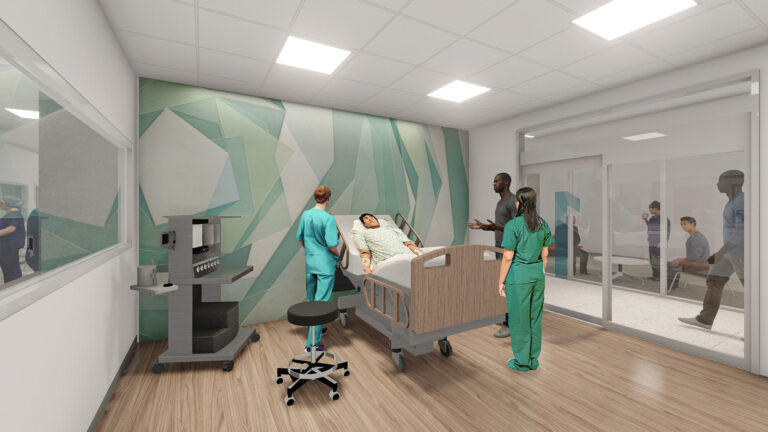
In addition to the Sim Labs that are on track to be completed by summer 2024, MSU Denver has submitted a capital request to state lawmakers that would fund the initial stage of the Health Institute Tower project, a 70,000-square-foot addition to the campus’ West Classroom building. The interdisciplinary health education facility would include labs and technology that could reduce dependency on scarce clinical placements.
Plans for the tower include community-facing clinics for Speech, Language and Hearing Sciences and mental and behavioral health; an interprofessional-skills lab, a Social Work classroom and lab, an exercise-science lab, a fitness-assessment lab, and a demonstration kitchen for Nutrition classrooms.
RELATED: Banking on the future of health care
“Getting to practice all of our techniques will help us with knowing patients’ health and keeping patient care a priority,” said MSU Denver student Virginia Navarro, an Exercise Science major who wants to become a physical therapist. “These new labs are really going to help.”
In his November budget proposal, Gov. Jared Polis recommended funding the tower project because it will “provide highly-qualified graduates with the education and experience needed to enter into the public-health, nursing, and behavioral-health workforce.”
But legislators on the state’s Capital Development Committee and Joint Budget Committee also have a say on which public projects receive funding before the full legislature passes the budget and sends it to the governor to sign into law.
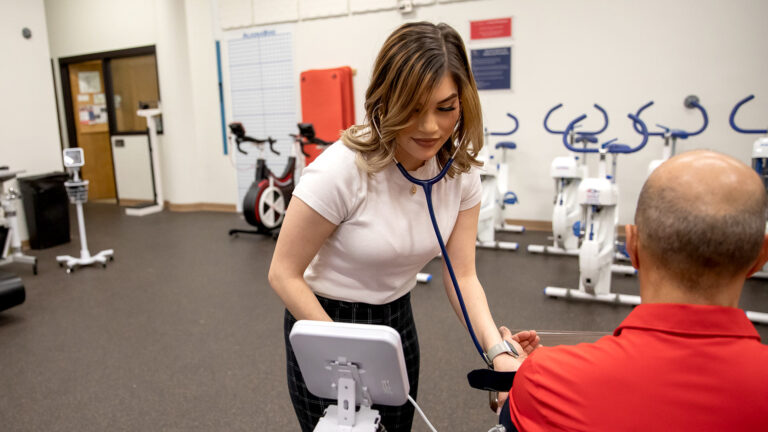
Related: Our nurse supply is running out
Lawmakers are considering the request as Colorado faces a dire shortage of health care workers.
Colorado’s 2022 Talent Pipeline report said health care employers had to repost jobs five times on average before finding the talent needed to fill each position, a sign of a drastic workforce shortage that is projected to get even worse.
A 2021 analysis from the human-resources consulting firm Mercer projects that the United States will have a shortage of more than 3 million critical health care workers by 2026, with Colorado among the worst-situated states specifically in the fields of mental health and nursing. Mercer estimated that Colorado will soon be short more than 10,000 nurses, third-worst in the country.
Navigate Your Health Career EventAre you a student interested in the health field? Join the Health Institute and Classroom to Career Hub for a health-career exploration event. Register here. Feb. 24 | 8 a.m.-2 p.m. SpringHill Suites 1190 Auraria Parkway |
MSU Denver isn’t focused on merely filling these roles — it aims to fill them with health care workers who reflect the communities they serve. The Health Institute offers robust financial-aid programs and student-support services that aim to recruit and retain students from underserved communities.
“There’s more and more evidence telling us that when a provider looks like the patient, or when a provider has some lived experience connected to that patient and what they’re going through, you have better health outcomes,” Matuszewicz said. “Colorado is a largely medically underserved state, so we’re trying to serve as many health care students as possible.”
Learn more and support MSU Denver’s Health Institute.


